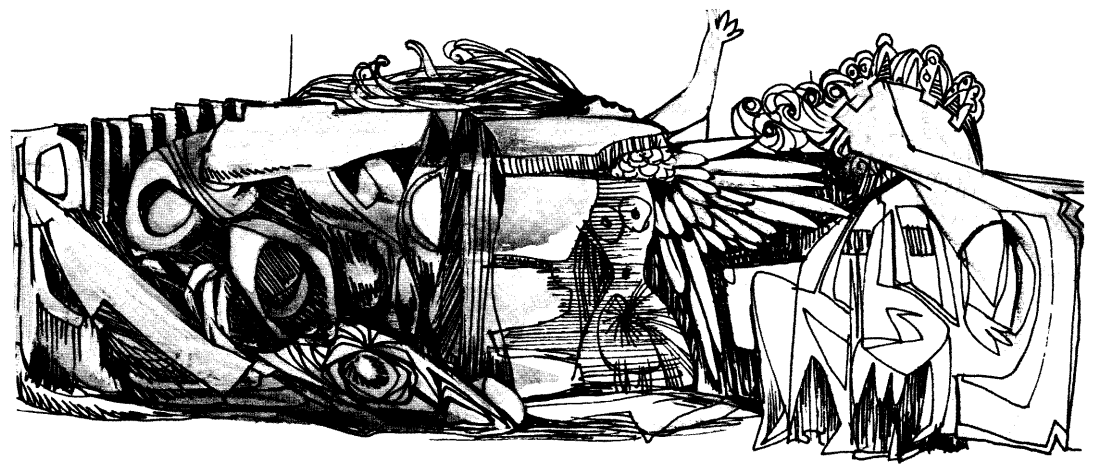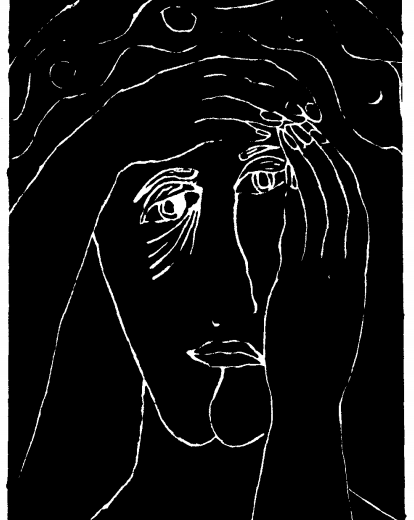The nightmare of genetic engineering and test-tube babies and other spectres of the misuse of...
Reading Guide: Sociobiology

This reading guide traces the development and dissemination of sociobiology, a theory that makes sweeping conclusions about human nature from highly simplified accounts of animal behavior combined with a strong assumption that genes determine a human's success in the world. Proponents of sociobiology ignore the political and historical contexts in which human societies exist, but in their capacity as scientific experts, they provide racists and political reactionaries with "objective" legitimation, as outlined by Freda Salzman in the 1979 article "Sociobiology: The Controversy Continues". These experts then give governments cover to fund research into IQ-influencing genes while simultaneously cutting back educational, social, and welfare programs, as documented in the article "One Battlefront". While magazines like Science for the People were extremely critical of sociobiology theories, established media outlets were quick to herald these theories, as discussed in "Science in the Justification of Class Structure" or "Sociobiology — a Skewed Synthesis". Activists eventually made tremendous inroads, as highlighted in the article "AAAS: Sociobiology on the Run": working groups inside of Science for the People along with activist organizations like the Committee Against Racism, were able to draw the attention of scientific societies to the flawed logic and dangerous consequences of sociobiology. Indeed, the controversies surrounding the ascendancy and adoption of sociobiology highlight the importance of recognizing that science operates within heavily politicized and historical frames, and always remaining critical of the context within which scientific theories emerge.
It's happened once again. Another puppet has stepped forward, scientific credentials in hand, to...
Psychology professor Richard Herrnstein of Harvard University published an article titled "I.Q." in...
From an historical point of view, the capitalist mode of production and distribution has led to the...
SESPA speakers pointed out that politically and economically the green revolution represents a...
We have inherited from bourgeois society a science whose structure presupposes that man exists...
A raft of reports has appeared claiming a genetic basis for intelligence in human beings. These...
In spite of the depravity of the ideas they spread (or because of it) the followers of Jansenism...
Jensen, Herrnstein and others have claimed that people's IQ is highly inherited and plays a large...



